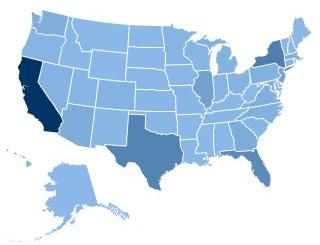State-level immigration laws don’t pay off. That’s the consensus from business and agricultural...
Get the Facts
Immigrants founded more than half of the high-tech companies in Silicon Valley.
IPC in the News
Unreliable databases could cost even citizens their jobs
-
06/07/12
Nearly everyone agrees that our immigration system is broken and in desperate need of reform....



